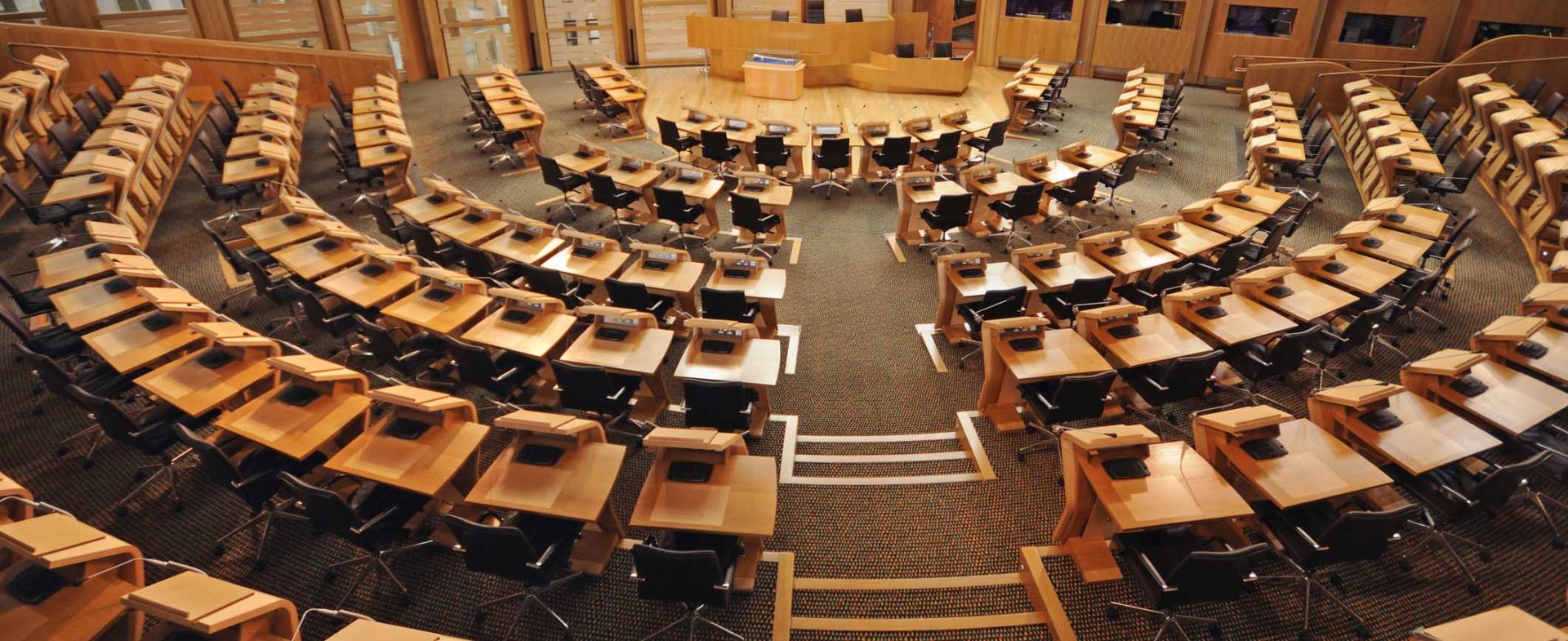In little over a month’s time, the Scottish Lobbying Register comes into full legal force and will place new transparency requirements on companies and individuals lobbying north of the border.
The introduction of the new rules – which require those lobbying MSPs and Scottish Government Ministers and advisers to disclose details of their engagements in an online public register – is the latest development in the trend towards greater openness and transparency around political lobbying.
Introduced by the Scottish Lobbying Act, the Register has been open for a familiarisation period since late last year but becomes compulsory from 12th March. Ahead of the Register going live, we look at the five things you need to know to begin preparing your business:
1. The definition of ‘regulated lobbying’.
The Lobbying Act defines what constitutes ‘regulated lobbying’. Any face-to-face communication – including by video conference technology – with MSPs, Scottish Government Ministers or Special Advisers and the Scottish Government’s Permanent Secretary, which relates to their parliamentary or government function will become a regulated activity.
2. The wide-ranging definition of who is a ‘lobbyist’.
There is a much greater focus on what is being said, than who is saying it – leading to quite an encompassing – and surprising – definition of who is regarded as being a ‘lobbyist’. Any individual acting in a paid capacity, whether that payment is direct or indirect, who has a conversation with those listed above about their parliamentary or governmental duties is regarded as having engaged in regulated lobbying.
3. The Lobbying Register.
The Lobbying Register is an online, publicly-searchable register of organisations and individuals engaged in regulated lobbying and details of their lobbying activity. 30 days from your first regulated lobbying, you will be required to become a participant in the Register, log details of who you spoke to and what about and continue to do so every 6 months.
4. The penalties for non-compliance.
The Lobbying Act introduces tough measures to ensure compliance. From parliamentary censure, to fines and custodial sentences, there are strong incentives to ensure you are compliant with the new regulations.
5. The direction of travel.
The Scottish Lobbying Act is to be reviewed in 2020, at which point recommendations might be made about how to strength the rules even further. Those looking for an idea of the future shape of lobbying need look no further than Ireland. Lobbying rules introduced by the Irish Government in 2015 are extensive and require public disclosure of any meeting, letter, email or tweet intended to influence policy. The Irish regulations are internationally regarded as the gold standard, and are informing the development of lobbying rules for democracies across Europe.
What should I do now?
Ultimately, the Scottish Lobbying Act will increase transparency in how businesses engage with key political stakeholders in Scotland. But before the Act enters into full legal force, businesses face a challenge to understand the regulations, build their compliance infrastructure, train employees on compliance procedures, and drive wider employee awareness of the regulations through internal comms.
Ahead of the Register going live, Portland is here to help guide you on how to conduct your engagement in Scotland ethically, effectively and in full compliance with the spirit and letter of the new regulations.
Questions? Get in touch with us to ensure that you are prepared for the coming changes: Paul Robertson, Account Director [email protected]

